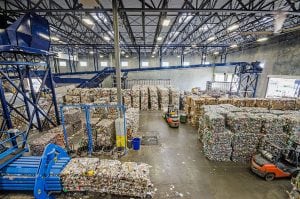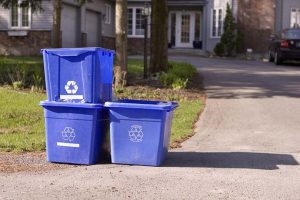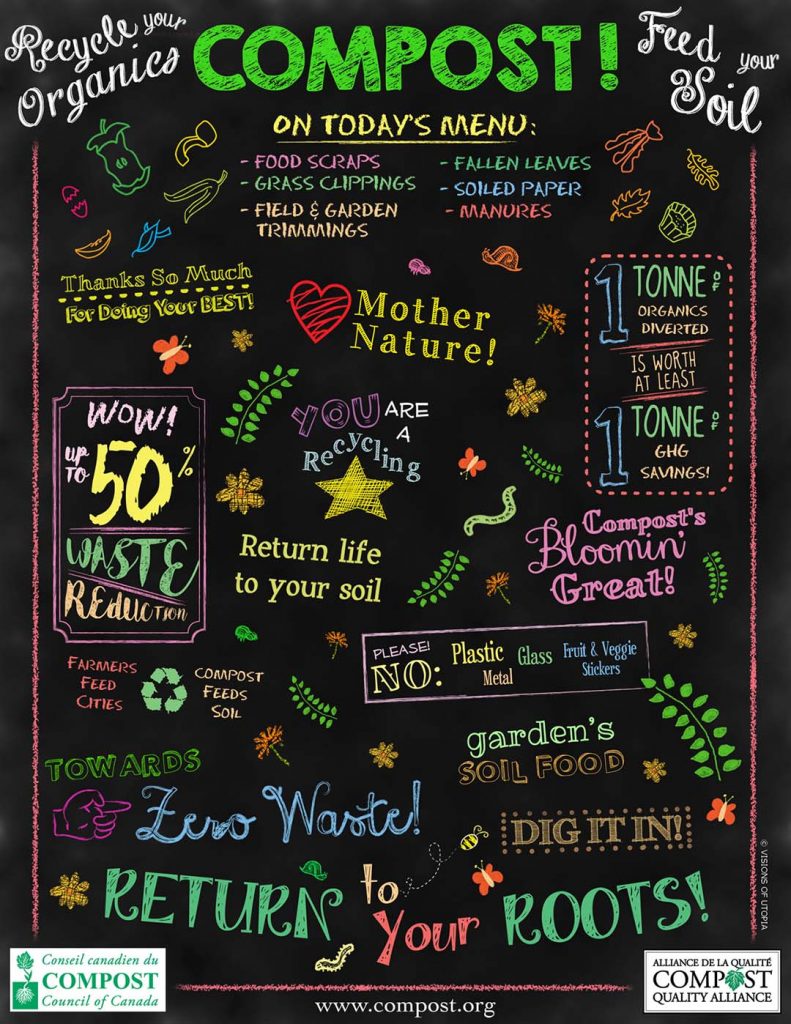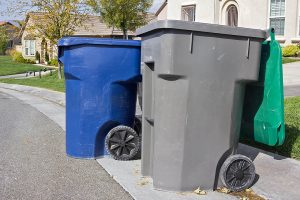
Four years ago, it became clear Montgomery, Ala. was going to be the testing ground for an updated approach to mixed-waste processing.
 A shuttered mixed-waste processing site in Montgomery, Ala. will reopen to once again separate recyclables from garbage.
A shuttered mixed-waste processing site in Montgomery, Ala. will reopen to once again separate recyclables from garbage.
 San Francisco has seen significantly more diversion from its curbside program since changing the standard sizes of recycling and garbage receptacles issued to residents.
San Francisco has seen significantly more diversion from its curbside program since changing the standard sizes of recycling and garbage receptacles issued to residents.
 Debate over source separation has carried on since the single-stream concept emerged, but it has received particular attention over the past year, because of China’s import restrictions and the ensuing market fallout.
Debate over source separation has carried on since the single-stream concept emerged, but it has received particular attention over the past year, because of China’s import restrictions and the ensuing market fallout.
 Each year in early May, compost advocates globally join their voices during International Compost Awareness Week.
Each year in early May, compost advocates globally join their voices during International Compost Awareness Week.
Mathy Stanislaus, who served under President Obama, says current U.S. EPA leaders aren’t fully valuing materials recovery and are harming the industry by putting a singular focus on deregulation.
 Many recycling associations are preparing for their biggest gatherings of the year, and three group leaders recently explained how China-related market disruptions will be tackled at their events.
Many recycling associations are preparing for their biggest gatherings of the year, and three group leaders recently explained how China-related market disruptions will be tackled at their events.

Keefe Harrison, CEO of The Recycling Partnership, at the 2016 Resource Recycling Conference.
The Recycling Partnership now has nearly 40 industry entities behind it. That raises an interesting question: How does one organization balance the needs of so many corporate backers?
 The Closed Loop Fund will loan up to $5 million in Connecticut this year to improve recycling infrastructure.
The Closed Loop Fund will loan up to $5 million in Connecticut this year to improve recycling infrastructure.
